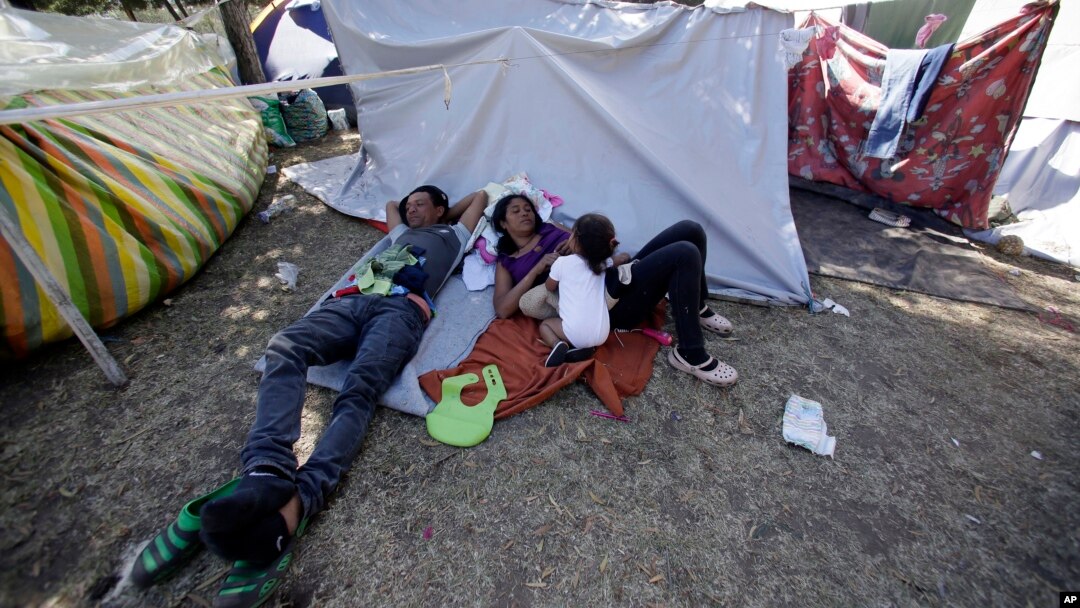The U.N. refugee agency is scaling up its humanitarian operation in Ecuador to help the government deal with the a huge influx of Venezuelan refugees who are arriving in a state of destitution and despair.
According to UNHCR estimates, more than one-half million Venezuelans have entered Ecuador through the Colombian border this year, averaging up to 3,000 a day.
With the increasing hardships in Venezuela, the UNHCR reports these numbers have jumped to more than 4,000 daily arrivals in the first week of August. To tackle the growing refugee problem, the government of Ecuador declared a state of emergency Wednesday in several provinces.
UNHCR spokesman William Spindler calls this a good and necessary move.
“UNHCR welcomes and supports this decision, which allows Ecuador to assign additional resources and step up its response. The exodus of Venezuelans from their country is one of Latin America’s largest mass population movements in history.”
Spindler says Venezuelans are walking for days, even weeks, in precarious conditions. He says many are destitute when they arrive and are forced to live rough in public places and to beg or resort to other exploitative means to survive.
He says about 20 percent of those who arrive - including women and children, single parents and people with disabilities - are particularly vulnerable and in need of protection and assistance.
“Women and girls represent 40 percent of the new arrivals and face serious risks of sexual violence, in particular survival sex and trafficking. Xenophobic reactions to the exodus have been noted in some quarters.”
Spindler says most Venezuelans entering Ecuador continue on to Peru and Chile. He says the UNHCR is stepping up its emergency operation. It will provide Ecuador with technical assistance, such as screening and registering the refugees. He says staff will identify vulnerable Venezuelans in need of special protection and aid.



